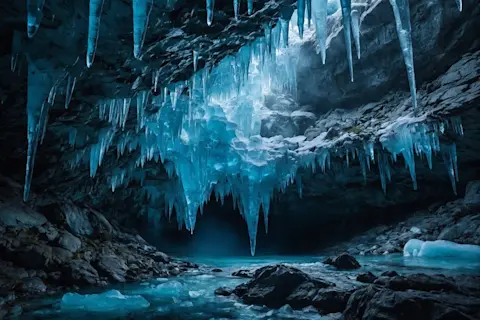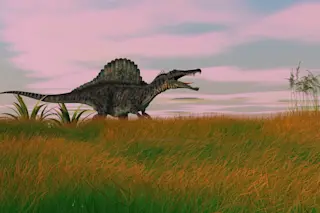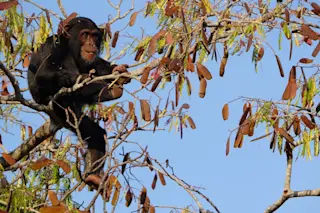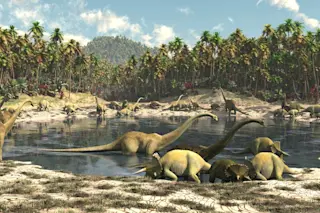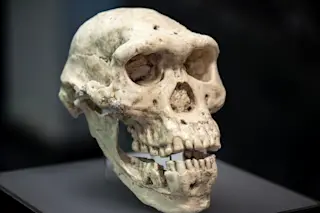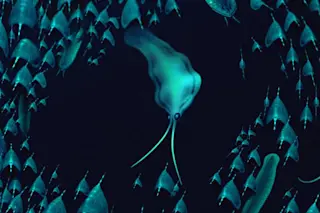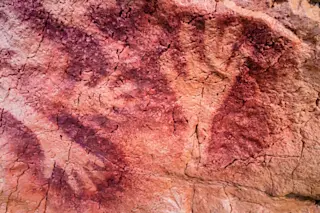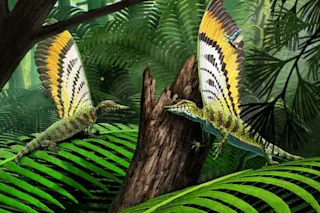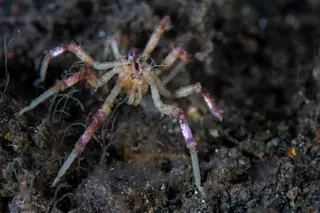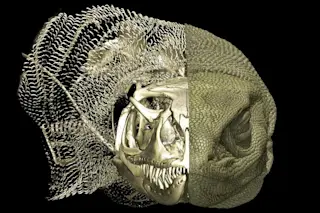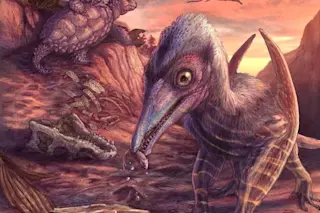Climate change is actually nothing new to our old planet. It has long driven the evolution of Earth’s flora and fauna and good thing, too: Without those major shifts, we wouldn’t be here today. But as human-driven climate change accelerates, looking back at how ecosystems once responded to drastic climate swings could help prepare us for what lies ahead.
Now, a major gap in our understanding of one key Ice Age period has been filled thanks to a rare discovery: the remains of 46 animal species from around 75,000 years ago, uncovered in a little-explored cave in northern Norway.
Researchers from Norway and the UK say that studying how wildlife once adapted, or failed to adapt, to sudden climate shifts is vital for conservation efforts today. Their findings were published in PNAS.
According to the study, sedimentary records older than 10,000 years are extremely rare in glaciated regions like the ...
